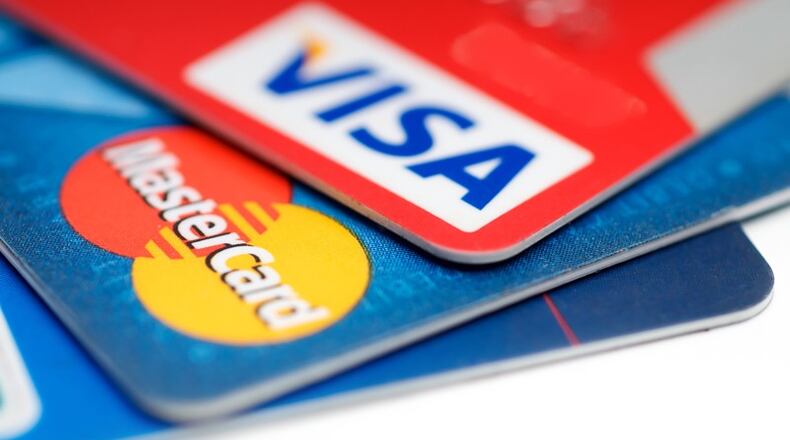RELATED: Best of 2017: The 10 biggest stories from area colleges this year
Below are the top 2017 scams for the Miami Valley.
1. Phishing
In a phishing scam, a consumer is contacted out of blue over phone, e-mail or text and asked for personal information.
Many of these communications are from imposters masquerading as trustworthy businesses and organizations, according to the BBB. They are “phishing” for your Social Security number, passwords, credit card information or other personal details for use in identity theft.
2. Tax collection
Scammers sometimes pose as an Internal Revenue Service representative and attempt to coerce someone into either paying up or sharing personal information. These scams are most often perpetrated by phone and take two basic forms.
In one scenario, the IRS “agent” says you owe back taxes and pressures you into paying by prepaid debit card or wire transfer. If you don’t comply, the scammer threatens you with arrest and fines.
BIZ BEAT: Ohio reaches $45M settlement with mortgage lender
In another scenario, scammers claim they are issuing tax refunds and will ask you for personal information under the guise of transferring a refund. This information can later be used for identity theft, according to the BBB.
3. Debt collection
The scammer calls and tells you they work for a loan company, law firm or government agency and claims to be collecting an overdue payment. When you reply you don’t owe money, the “debt collector” starts to make threats of suing you, having your wages garnished, arresting you or forcing you to appear in court thousands of miles from home, according to the BBB.
In most cases, the alleged overdue loan doesn’t even exist. Don’t give in and pay money you don’t owe because if you do, the scammer may be back for more.
BIZ BEAT: Former Hobart Brothers CEO dies
4. Sweepstakes and prizes
An e-mail or phone call from a supposed “contest organizer” informing someone they’ve won a prize. To claim the winnings, the winner first needs to pay taxes, shipping costs or other fees. The winner is typically urged to send the money by wire transfer or buy a prepaid debit card and share the number and PIN with the “contest organizer,” according to the BBB.
In another version, a winner receives a letter informing them they’ve won a jackpot, often from a foreign lottery.
The letter includes a seal or other insignia to make it look authentic. There is even a check to cover the taxes on the winnings. The winner is instructed to deposit the check into your bank account and wire or use a prepaid debit card to send the “taxes” to a third party, according to the BBB.
5. Tech support
A scammer posing as a computer repair or security service contacts people to fix problems with their computers. The scammer targets potential victims in multiple ways, including warning screens on devices, cold calls, sponsored links and e-mails, according to the BBB.
About the Author
